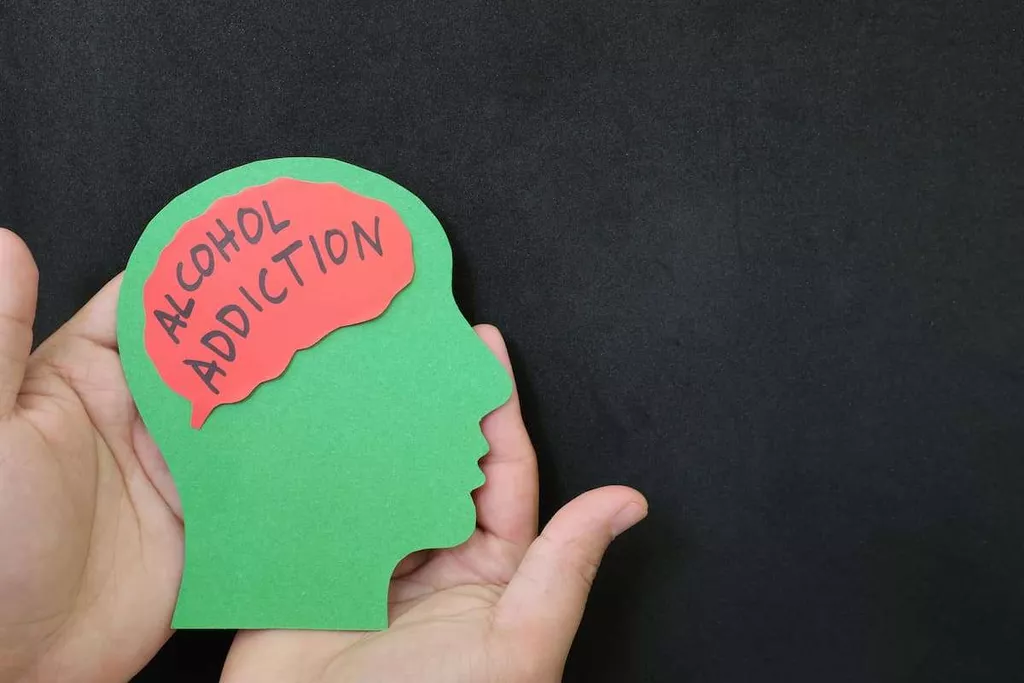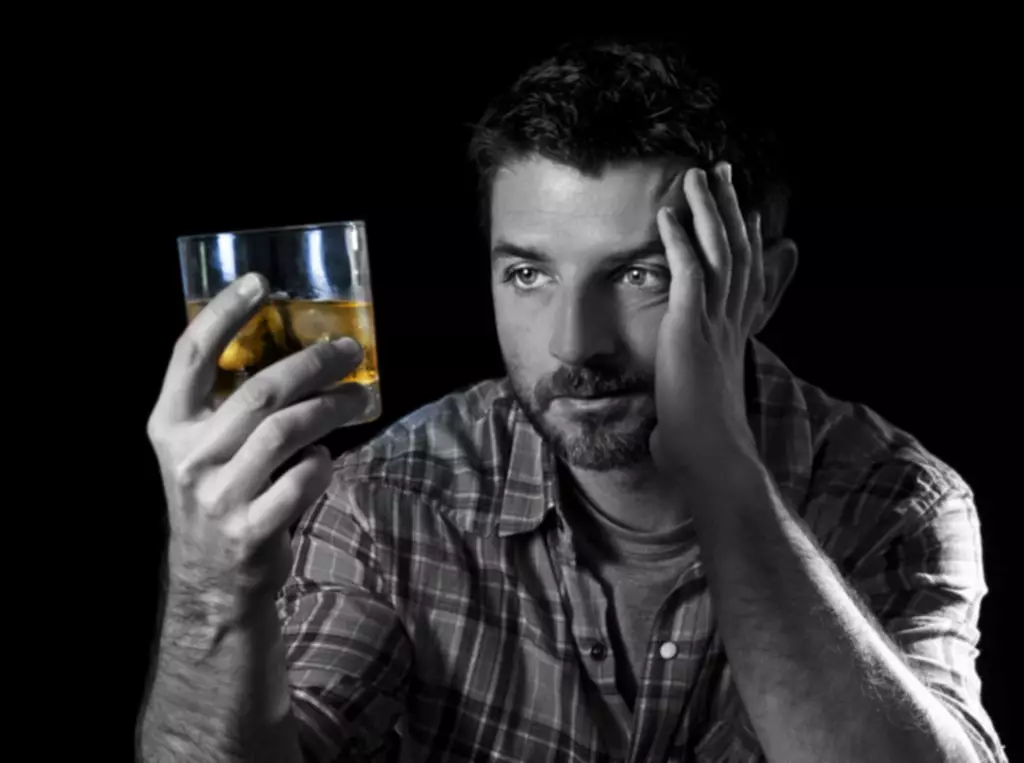
If you or someone you know is a drunk driver, consider getting help. Alcohol abuse can lead to problems like cirrhosis of the liver, double vision, and blackouts. When it comes to the consequences of a DUI, penalties can include fines, jail time, a prison sentence, probation, or community service. Because of the severity of the consequences, Michigan DUI defense attorney Daniel J. Larin strongly recommends that individuals charged with a DUI seek legal representation.
- These were preventable deaths, as were the 229 children under 14 years old killed in alcohol-related crashes that year.
- However, most states consider a first DUI offense a misdemeanor charge.
- If you are convicted of a DUI, you can expect your insurance rates to increase significantly.
- Drunk drivers who cause accidents may also develop these issues, as well as feelings of profound guilt and shame.
Second offense
You might think that as long as your car or truck is not running, you cannot get arrested for DUI, but this will ultimately depend on the state you are in and its laws. For example, you can be arrested for a DWI in Texas if consequences of driving drunk include: you are found drunk in a parked car. It does not matter whether the vehicle is off and you are asleep; you could still be charged with a crime. Some states take further steps to make sure the person (particularly a repeat offender) doesn’t get back on the road while under the influence. The state might confiscate the car or cancel its registration, either temporarily or permanently. Or the state might require an ignition interlock device (IID) to be attached to the offender’s car.

Getting Arrested for DUI

However, some people have genetic variations that affect the activity of these enzymes. These variations can determine how quickly https://ecosoberhouse.com/ or slowly you metabolize alcohol, making you more or less susceptible to its effects. Operating a vehicle while under this level of BAC is incredibly dangerous.
- One way to measure the amount of alcohol in a person’s system is to measure Blood Alcohol Concentration (BAC).
- These costs are often borne by taxpayers and insurance policyholders, putting an additional strain on individuals and communities.
- While some states have less stringent laws on drunk driving, some other states have very strict laws that range from confiscating vehicles and paying steep fines to jail time.
- Young people between the ages of 21 to 25 years old are the most likely to drive drunk.
What Are the Consequences of Drunk Driving and Alcohol-Related Crashes?
The consequences of drunk driving reverberate far beyond the confines of a single moment, touching the lives of individuals, families, and communities in profound ways. It is within our power to shape a safer, more compassionate world by making conscious choices and embracing the collective responsibility that comes with them. The impact of drunk driving extends well beyond individual tragedies, casting a long shadow over society as a whole. Recent data reveals a staggering reality — drunk driving deaths per year cost the United States an overwhelming $201.1 billion in damages. This financial toll is a stark reminder of the wide-ranging consequences that ripple through our communities, affecting economic stability, public safety, and society’s overall well-being.
- In addition to managing a successful family medical practice, Dr. Hoffman is board certified in addiction medicine by the American Osteopathic Academy of Addiction Medicine (AOAAM).
- Over the decades, legal limits for blood alcohol concentration (BAC) have been lowered, and penalties have become more severe for an intoxicated person.
- Speakers might talk about personal injuries, financial suffering, or the loss of a loved one due to impaired driving.
- The laws regarding DUIs, DWIs, OWIs and other related charges differ from state to state.
At higher BAC test levels, the safety of drivers and passengers becomes less guaranteed. Alcohol-related crime are commonly committed in populations with high rates of alcoholism. It is a factor in 40% of all violent crimes and 37% of inmates report drinking prior to their arrest. Driving Under the Influence (DUI), Driving While Intoxicated (DWI), and Operating While Intoxicated (OWI) are the criminal classifications of drunk driving. Easier access to public transportation may keep DUI rates in large cities (even those with sizable drinking cultures) below the national average. Cities with the highest rate of DUIs include Cheyenne, Wyoming (277% higher than the national average); Orange, California (194% higher); and Billings, Montana (191% higher).
Job loss

Drunk driving refers to operating a motor vehicle under the influence of alcohol or drugs, impairing one’s ability to drive safely. It is a serious offense that can lead to accidents, injuries, and fatalities. Often, a sentence for a DUI conviction will include alcohol abuse treatment or education programs. A program alcoholism treatment of this nature may serve to treat alcohol abuse or may assess you for alcoholism.

Find top lawyers with confidence
An officer might look at evidence such as obvious impairment to determine whether you are guilty of driving while intoxicated. In such an instance, refusing to submit to a breathalyzer can likely still cost you your license. Sleeping in the back seat instead of in the driver’s seat might demonstrate that you lacked intent to commit a DUI and is a point to raise if charged. Alternately, you may not get into trouble in California if it is clear you had no intention of operating your vehicle.